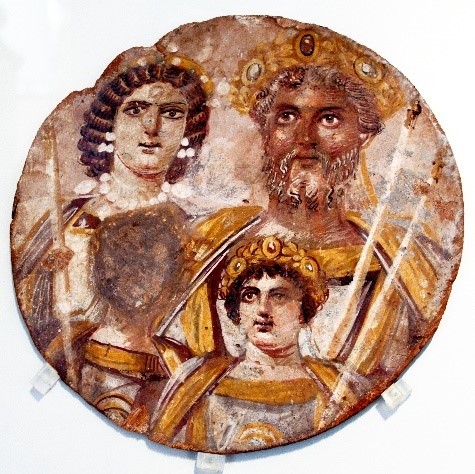Black History Month Profile

Septimius Severus: African Roman Emperor, legislator and judge
By Professor Joshua Getzler and Professor Mike Macnair, Tutors in Law
Lucius Septimius Severus (145-211), born in Lepcis Magna (currently Al-Khoms, Libya) was Roman emperor from 193, when he was ‘last man standing’ in a short multi-sided civil war, till his death in York in 211.
Though a military man, he clearly took the Emperor’s duties as legislator and judge seriously. His legislation has been characterised as showing a humanitarian disposition. He employed the jurist Ulpian for most of his reign as his secretary a libellis with responsibility for drafting legal advice issued in the name of the emperor in response to citizens’ and officials’ petitions. Ulpian was hostile to slavery (which in Rome had a non-racialist tenor) and advocated in his legal writing that there should be ready legal paths to freedom for any home or foreign slave. Severus himself had a contemporary reputation as a conscientious and careful judge hearing appeals, and another jurist, Paul, published reports of cases heard by Severus.
A particular example is Severus’s ruling that the holders of land in the provinces could retain it on the basis of good faith possession for ten years if the formal owner lived in the same city, twenty years if they lived in a different city; this was adopted in a slightly varied form in the later emperor Justinian’s codification (529, 534) and the twenty-year period has influenced medieval and modern law on the topic.
Law students at St Hugh’s encounter Septimius Severus in the first year course A Roman Introduction to Private Law.
